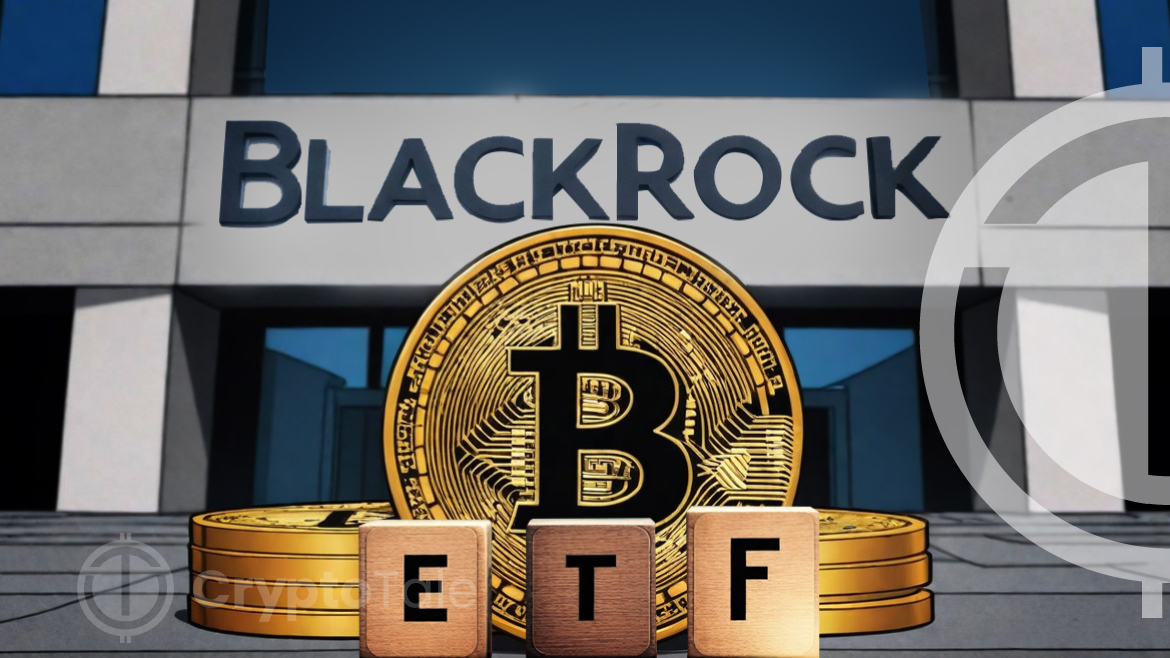- BlackRock’s IBIT closing in on Grayscale signals rising institutional interest in Bitcoin.
- Shift in investor sentiment impacting Grayscale’s market position amid broader acceptance of digital assets.
- Bitcoin’s upcoming halving event is expected to drive institutional adoption and market participation.
BlackRock’s Bitcoin ETF is on the brink of overtaking Grayscale as the largest global Bitcoin fund with just a narrow $2 billion gap between the two. The iShares Bitcoin Trust (IBIT) from BlackRock has been gaining ground rapidly, accumulating total assets of over $17.3 billion, while Grayscale’s flagship fund, the Grayscale Bitcoin Trust (GBTC), has seen a decline, now standing at $19.4 billion. This potential shift in leadership underscores the evolving landscape of cryptocurrency investments, reflecting changing investor preferences and market dynamics.
The recent performance of BlackRock’s Bitcoin ETF is a testament to the growing demand for cryptocurrency exposure among institutional investors. Despite Grayscale’s initial dominance, BlackRock’s IBIT has capitalized on regulatory approvals and investor sentiment, attracting significant inflows. Notably, BlackRock, alongside other major financial players like Fidelity, has been absorbing substantial market share within the Bitcoin ETF arena, signalling broader acceptance of digital assets within traditional finance circles.
The decline in Grayscale’s market position can be attributed to persistent capital outflow hence this trend underscores shifting sentiments within the market, as investors seek alternative avenues for Bitcoin exposure beyond Grayscale’s offerings. The emergence of new competitors like BlackRock’s IBIT presents investors with diversified options, potentially reshaping the competitive landscape of Bitcoin investment vehicles.
Furthermore, the broader trend of institutional acceptance of Bitcoin is gaining traction, as evidenced by the increasing involvement of multifamily offices and registered investment advisers (RIAs). According to Bitwise CEO Hunter Horsley, major financial institutions are conducting extensive research on Bitcoin, with many discreetly incorporating the cryptocurrency into their portfolios. This stealthy yet substantial shift in attitude reflects a deeper exploration of Bitcoin’s investment potential among seasoned financial players.
The impending Bitcoin halving event could serve as a catalyst for further institutional adoption. The anticipated reduction in Bitcoin’s supply rate, coupled with sustained market demand, is likely to drive increased participation from institutional registrants. As more organizations recognize the investment merits of Bitcoin, the asset’s mainstream acceptance within traditional financial circles is poised to accelerate.






